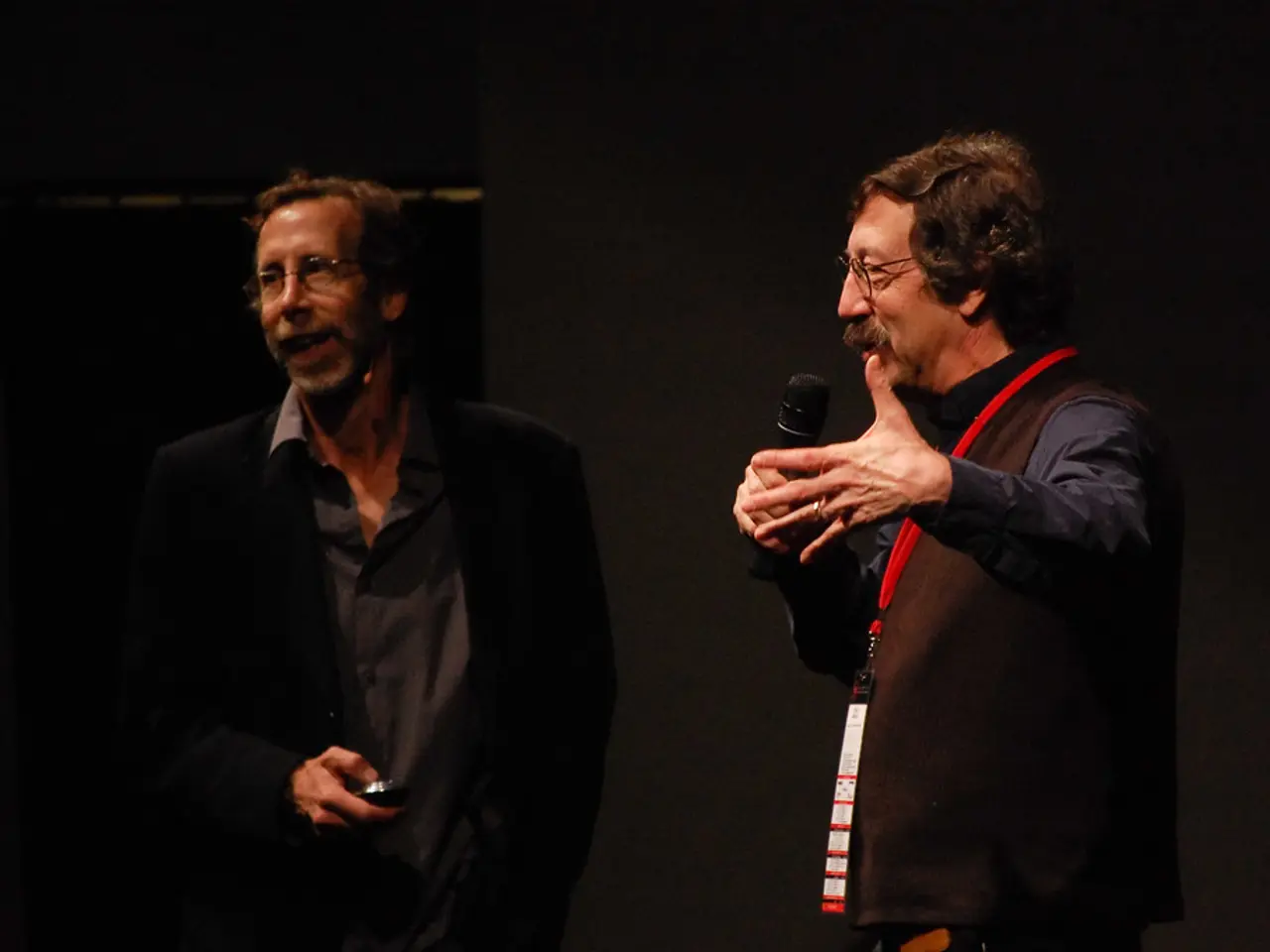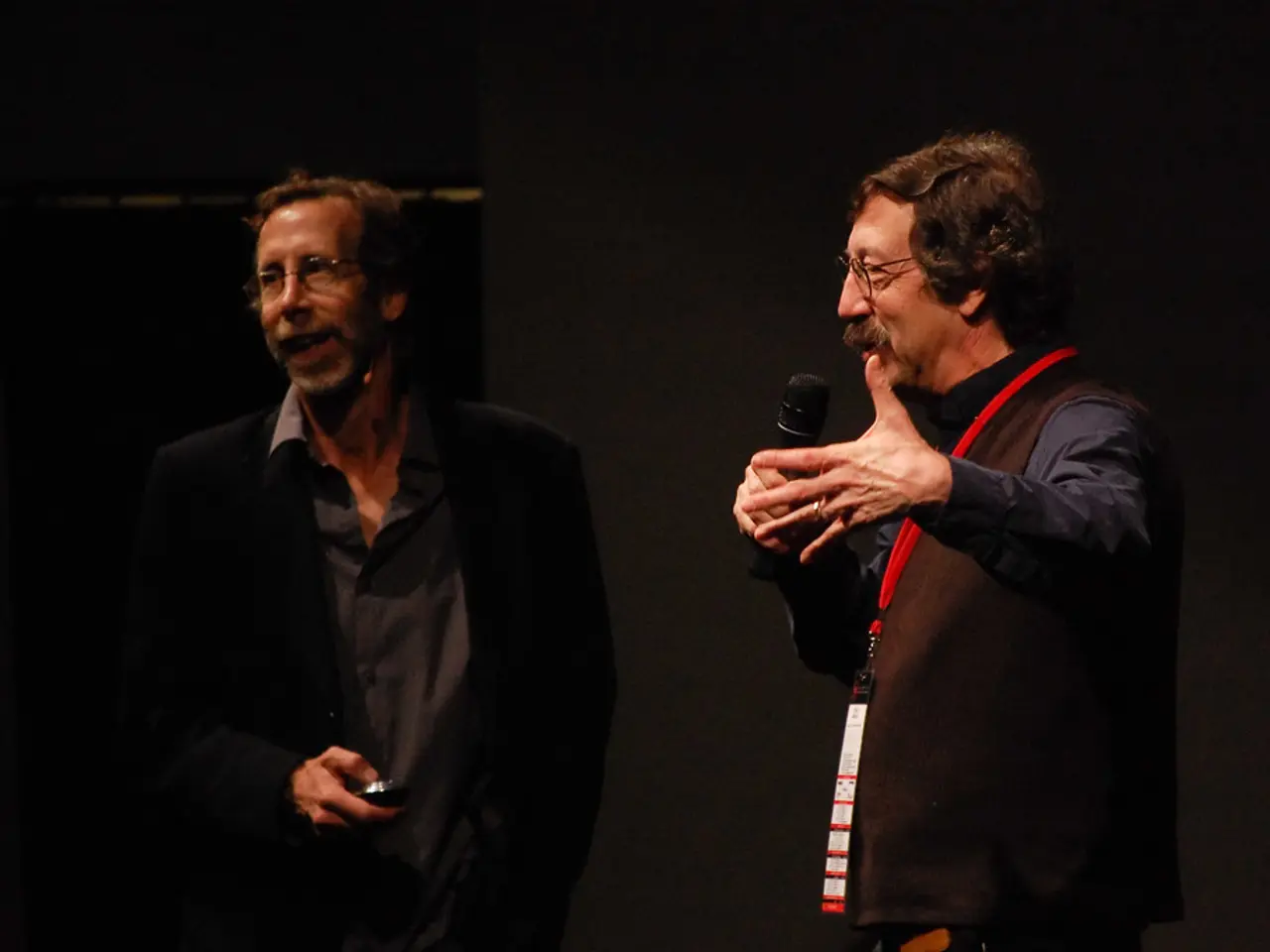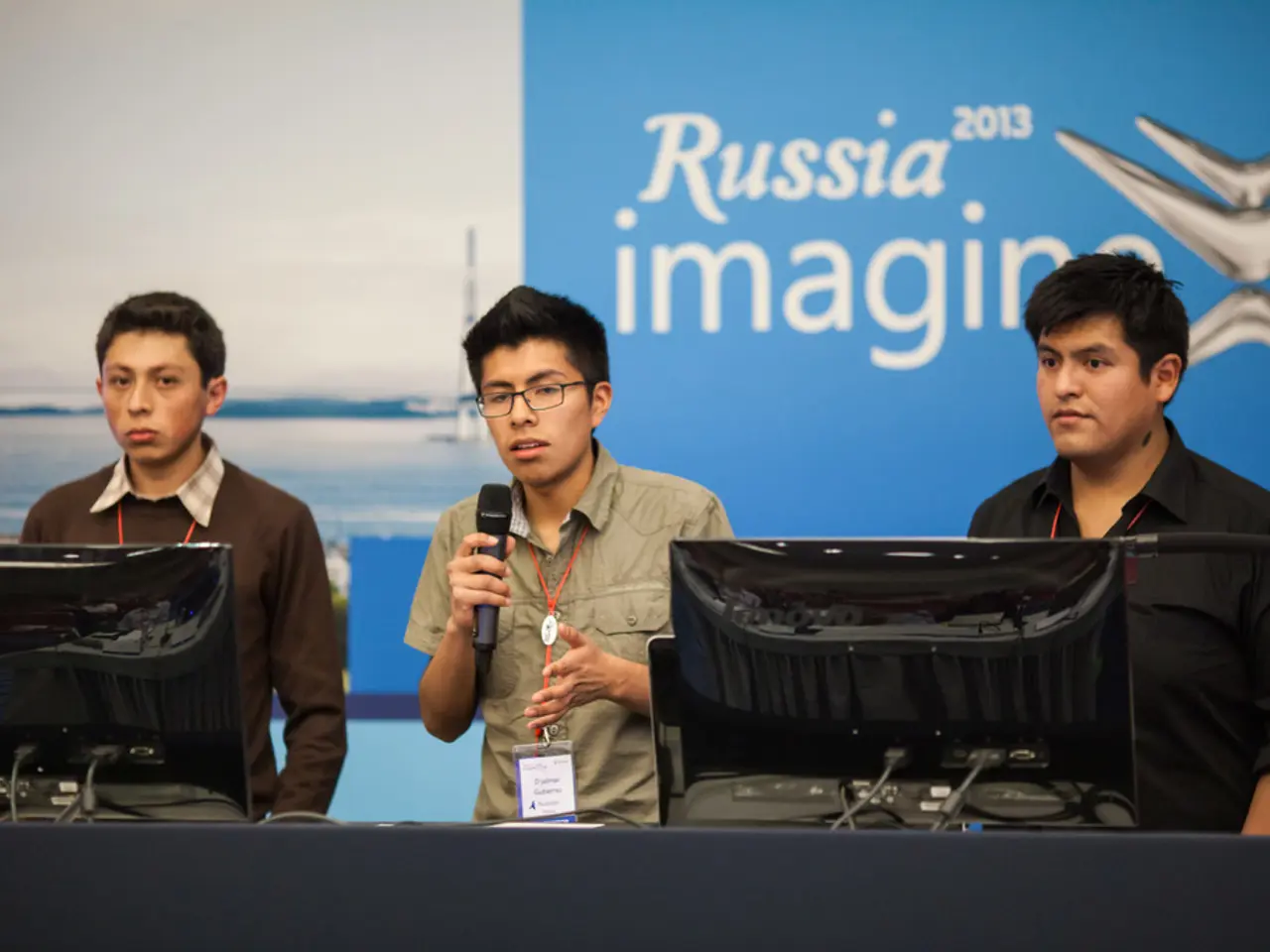Controversial online forums 4chan and 8chan: an examination of their impact and consequences
4chan, a pioneering online forum created in 2003 by Christopher Poole ("moot"), has left an indelible mark on internet culture. Initially conceived as a loosely moderated imageboard inspired by the Japanese Futaba Channel, it quickly became a haven for anonymous users, few regulations, and minimal consequences.
Its most infamous board, /b/ ("random"), was a breeding ground for various subcultures and movements. One such movement was the hacktivist group Anonymous, which started as coordinated trolling and evolved into politically charged hacking activities. The politically incorrect board, /pol/, later became a hotbed for far-right rhetoric and conspiracy theories.
One such conspiracy theory, QAnon, originated on 4chan in 2017 as cryptic "Qdrops" posted on /pol/. Heavily relying on 4chan’s meme culture and trolling style, these posts later migrated to 8chan (renamed 8kun), playing a key role in propagating QAnon content.
8chan, launched in 2013 by Fredrick Brennan, was initially less central than 4chan but quickly became notorious for its link to white supremacist communities, neo-Nazism, the alt-right, racism, antisemitism, hate crimes, and mass shootings. The platform was known for hosting child pornography, resulting in it being filtered out from Google.
The site was most notorious for its /pol/ board, where the man responsible for the mass shooting at a Walmart in El Paso, Texas on 3 August 2019, posted a racist, anti-immigrant screed an hour before the attack. In response to QAnon-related violence and misinformation, platforms like Reddit banned active QAnon forums in 2018 as part of their content moderation efforts.
8chan rebranded itself as 8kun in November 2019 and is currently only accessible from the dark web. The keys to 8kun were handed over to Jim Watkins, a Japanese pornography enthusiast, by Brennan in 2016.
4chan, despite being the hub of internet culture, was also blamed for leaking the stolen nude photographs of several celebrities, known as The Fappening. Threads on 4chan expire after a certain amount of time, and users never need to make an account or pick a username.
Voat emerged as a Reddit alternative with similar Reddit-style discussion forums but allowed more extreme and controversial content, attracting some users banned from Reddit for violating content policies. Although less central than 4chan or Reddit, Voat extended the ethos of minimally moderated, free-speech-driven communities aligned with 4chan’s impact on online discourse, though it ultimately shut down in late 2020.
Reddit itself, founded in 2005, incorporated aspects of 4chan’s culture, such as anonymity and user-driven content, but developed more structured moderation and community guidelines. It became a mainstream hub for a huge variety of communities, including some that originated from 4chan’s culture. Its moderation policies evolved especially in response to extremist groups and conspiracies that overlapped with 4chan subcultures.
In summary, 4chan played a central role in the emergence of influential internet cultures by pioneering anonymous, laxly moderated, meme-driven forums. This environment catalyzed the rise of Anonymous, the spread of conspiracy theories like QAnon (which later expanded via 8chan), and influenced platforms like Reddit and Voat, shaping the broader internet cultural landscape.
Social-media platforms like Reddit, in their evolution, were greatly influenced by 4chan's culture, incorporating elements such as anonymity and user-driven content. This social-media landscape, fueled by pop-culture memes and minimal regulation, facilitated the growth of various subcultures, including entertainment phenomena like QAnon that originated from 4chan.







